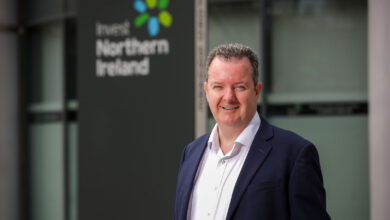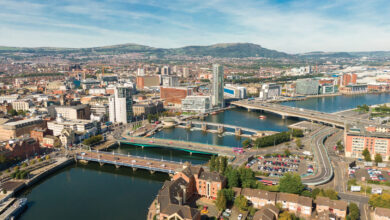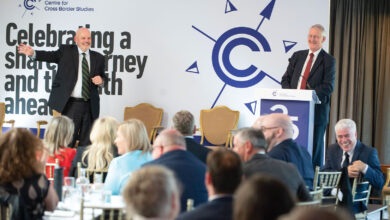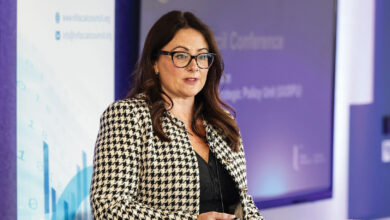Diane Dodds: signposting business to EU funds
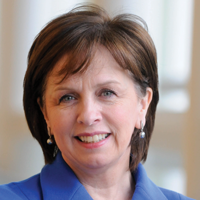 A wide range of European Union programmes can help Northern Ireland’s companies to innovate. DUP MEP Diane Dodds outlines how her funding directory can point firms in the right direction.
A wide range of European Union programmes can help Northern Ireland’s companies to innovate. DUP MEP Diane Dodds outlines how her funding directory can point firms in the right direction.
Since being elected as a Member of the European Parliament in 2009, one of the most frequent requests I have received at my office has been about accessing funding for initiatives which support growth and cohesion.
Businesses in Northern Ireland are operating in challenging times locally as well as at European and international levels. Policies at European level affect businesses directly and indirectly and, currently, the Europe 2020 strategy will impact on our economic activities.
This strategy is the EU’s growth strategy for the coming decade. It seeks as its priorities, within its member states, to deliver high levels of employment, productivity and social cohesion. Underpinning these priorities are five ambitious objectives relating to the following areas, to be reached by 2020: employment, innovation, education, social inclusion, and climate and energy.
In order to support Northern Ireland’s businesses, I have produced a new funding directory. This highlights how to start making contacts within the European Union. Following this, some of the key funding opportunities which may help to pump prime business initiatives are described. Over thirty funding streams are listed with brief information on each including main contact numbers and web links. There are also excellent case studies where local businesses have accessed these funds.
One of these funds is the EU’s Marco Polo II programme. This aims to improve the environmental performance of European freight transport, by aiming to free the roads of an annual volume growth of 20.5 billion tonne-kilometres of road freight. Freight and cargo are taken off the road network, and on to rail, sea and inland waterway transport. This reduces traffic and pollution, saves energy and reduces road maintenance costs.
The programme has an annual budget of about €60 million (£48 million). It provides grants for European businesses which shift cross-border transport off the road or avoid transport of freight by road altogether. In addition, it also funds supporting services such as management systems, integrated cargo control and common IT platforms.
To date, more than 500 businesses have benefited from funding. These include BAI-SA Brittany Ferries (and four other co-beneficiaries) whose project, Gulf Stream, offered a short sea shipping alternative for freight traffic between southern England and northern Spain. The project was finalised in February 2011 and was a freight-only roll-on/roll-off service for commercial trucks and unaccompanied trailers. One return sailing was operated each weekend, easing congestion at the Franco-Spanish frontier and at the Channel ports. R&D manager Francois Potier said: “Economic conditions force us to remain very attentive to customer needs and to be able to propose innovative solutions.” This grant was in the region of €870,000. The success of the project gave rise to a new ‘motorway of the sea’ service between UK and Spain, introduced in April 2011.
The Marco Polo programme also encourages training and co-operation in the area of sustainable transportation. Escola Europea de Short Sea Shipping in Spain (among other four co-beneficiaries) received a grant of €1,085,802 to provide short sea shipping courses on board ro-pax (roll-on/roll-off passenger) vessels circulating between Spain and Italy for students and people working in the industry. The training was aimed at enhancing participants’ knowledge of the freight logistics sector and fostering advanced methods of cooperation in today’s freight market.
While the funds in the directory may indicate that they are defined up to 2013, it is expected that updated priorities will be shortly released for the period 2014-2020. May I take this opportunity of assuring businesses in Northern Ireland of my continued interest and representation in the challenges facing them in today’s economic climate.
The current call for proposals on the Marco Polo programme ends on 19 October. Copies of the funding directory are available from www.dianedodds.co.uk


